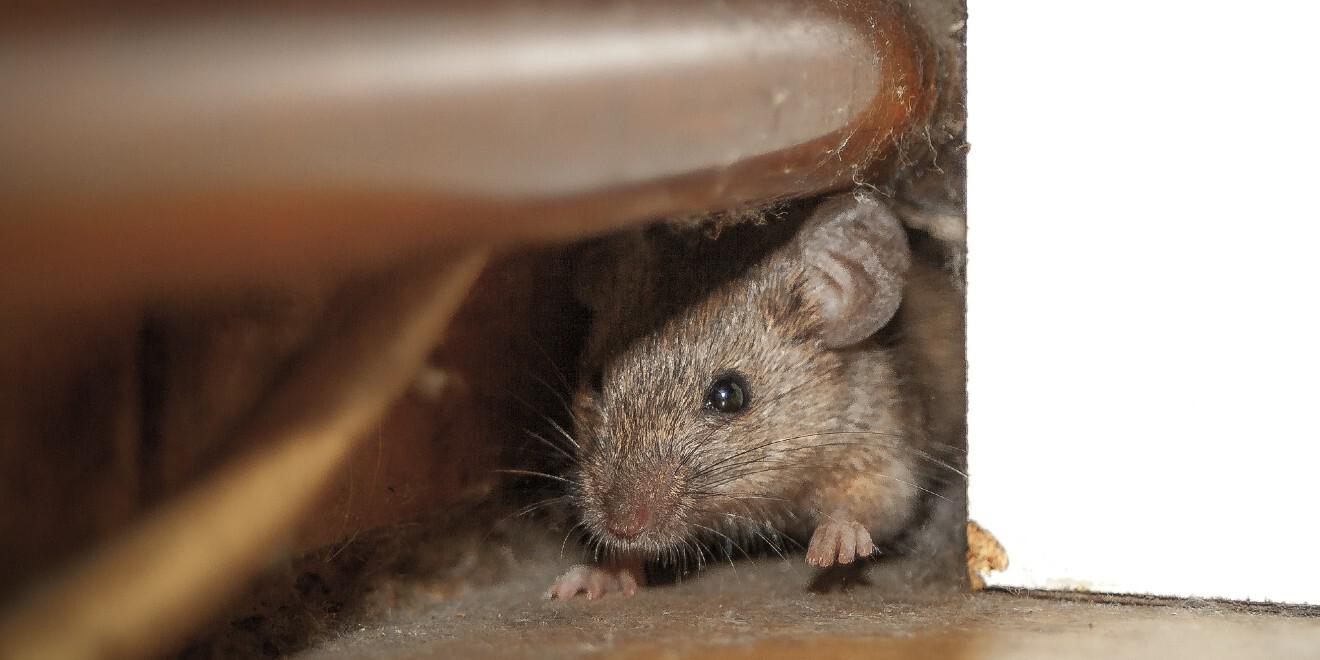Powassan Virus is on the Rise in Southeastern Massachusetts
Posted by Mosquito Squad
May 10, 2017
Is it really here?
Ask Tucker Lane of Cape Cod, he knows from experience. A bad one. WCVB News of Boston spoke with Tucker about his experience. Tucker was used to ticks, growing up in Massachusetts, “You pick ‘em up just wherever you are.” Having already survived Lyme disease, he just considered ticks, and the sickness that comes with them, a part of life. So when he saw the 2 ticks on his hip in the shower he didn’t really worry about it. That was in June.
NPR reports that in September he got a headache. A headache that came with sweating, vomiting, and tremors. It took 2 doctors’ visits to see that his brain was swelling and when they rushed him to Brigham and Women’s Hospital in Boston, Dr. Jennifer Lyons said he had difficulties speaking and understanding language. In 48 hours he was in a coma. It was Powassan virus.
Why Did No One Expect Powassan?
The thing is Powassan is new, but it’s not new. It was in the 1950s that the first case was reported, but the disease at that point was found in a tick that wasn’t often known to bite people. Therefore it just wasn’t considered a big problem says Durland Fish, professor of epidemiology and microbiology at Yale School of Public Health. Its appearance in deer ticks changes everything. Ann Powers, chief of virology activity at the CDC, states that they don’t have a handle yet on how Powassan will spread because current statistics are only based on people that developed severe disease. Like many other tick-borne illnesses often people that are bitten exhibit no symptoms at all.
Powassan is Rare But Dangerous
Don’t let that fool you. Powassan is a dangerous disease. The mortality rate for Powassan virus is 10-15%and there is no treatment. While some may not be affected at all, Powassan can infect your nervous system, causing meningitis (swelling of the membranes around the spinal cord and brain) and encephalitis(swelling of the brain itself). This is what happened to Tucker Lane. Symptoms include fever, headache, weakness, vomiting, confusion, loss of coordination and speech, and seizures. 50% of those that do survive will have permanent memory and neurological problems.
Tucker has been lucky. He was in a coma for a week and on life support for a few days but appears to have completely recovered.
Dr. Lyons believes that the number of cases could be on the verge of an explosion.”There is thought that the virus is spreading among the ticks.” If this is true Massachusetts is sure to be knee deep. In the last 10 years, 75 cases have been reported and 8 of those were here in Massachusetts.
Be Proactive with Tick Prevention
There is another serious issue when comparing Powassan to Lyme. Infection can transfer to a human in 15 minutes rather than the 24-48 hours that Lyme requires. This makes controlling even the initial contact much more important. Wear protective clothing when in heavily populated areas. Use bug repellent that contains DEET. Follow the 6Cs of tick proofing your yard. And most importantly call us at Mosquito Squad of Southeastern Massachusetts. We are the professional solution to lowering your risk of all tick-borne illnesses with our 85-90% effective barrier treatment and tick tube systems. Let us create the best plan for you so that you can enjoy the yard that you love with the family that you love and want to protect.















